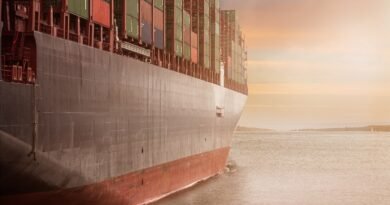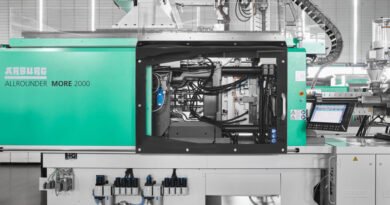German toilet paper manufacturer turns to coffee grounds
German toilet paper maker Hakle is turning to waste from coffee production to stay afloat and help the environment.
Just two years ago, at the height of the coronavirus pandemic, company profited from a stampede of consumers rushing to stock up on essentials. Since 2020, it has generated nearly €80 million ($80.2 million) in sales and made a profit of around €700,000. But with the health crisis abating, Russia’s invasion of Ukraine has sparked skyrocketing energy costs, forcing Hakle to file for insolvency recently.
Gas prices rose to up to €400 per megawatt hour and electricity to up to €1,000, a heavy blow to the company’s Düsseldorf plant, which consumes around 100 gigawatt hours a year. The price of wood pulp has also risen rapidly since 2020.
“The cost of toilet paper is 80 percent dependent on pulp, energy and logistics, and all three of these factors are driven by the global market,” Jung said.
Chief marketing officer Karen Jung
Innovation could now be the key to survival. Huge quantities of coffee grounds are produced every year by the European food industry, and Hakle has found a way to transform the waste into material to make loo roll. The first rolls using the new process were produced at the Duesseldorf-based company’s factory in the middle of September.
The goal is 20 to 25% of coffee grounds constituting the material for making the paper, replacing wood pulp. Company is working toward reaching those levels. That does not sound like a lot — but it means that a quarter fewer trees have to be used.
Karen Jung
About Hakle
After 40 years of multiple different owners, including US consumer goods giant Kimberly-Clark and Luxembourg private equity firm, Volker Jung acquired 50% stake in 2019 with a new entrepreneurial approach focused on innovation.
After a temporary complete stoppage of activity at the beginning of September, the company wants to continue investing in its Düsseldorf site, which employs more than 220 people. Hakle has already stopped using gas in its papermaking process and is using gasoline instead. As for the power used to turn it into rolls, the ultimate goal is to have half the required of solar power.




